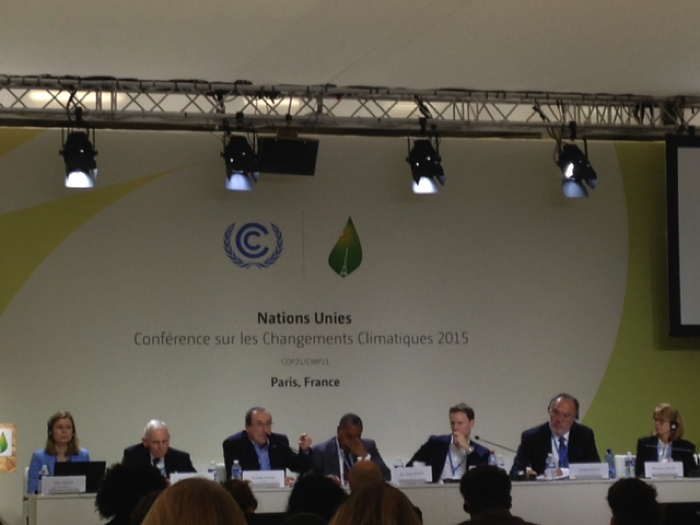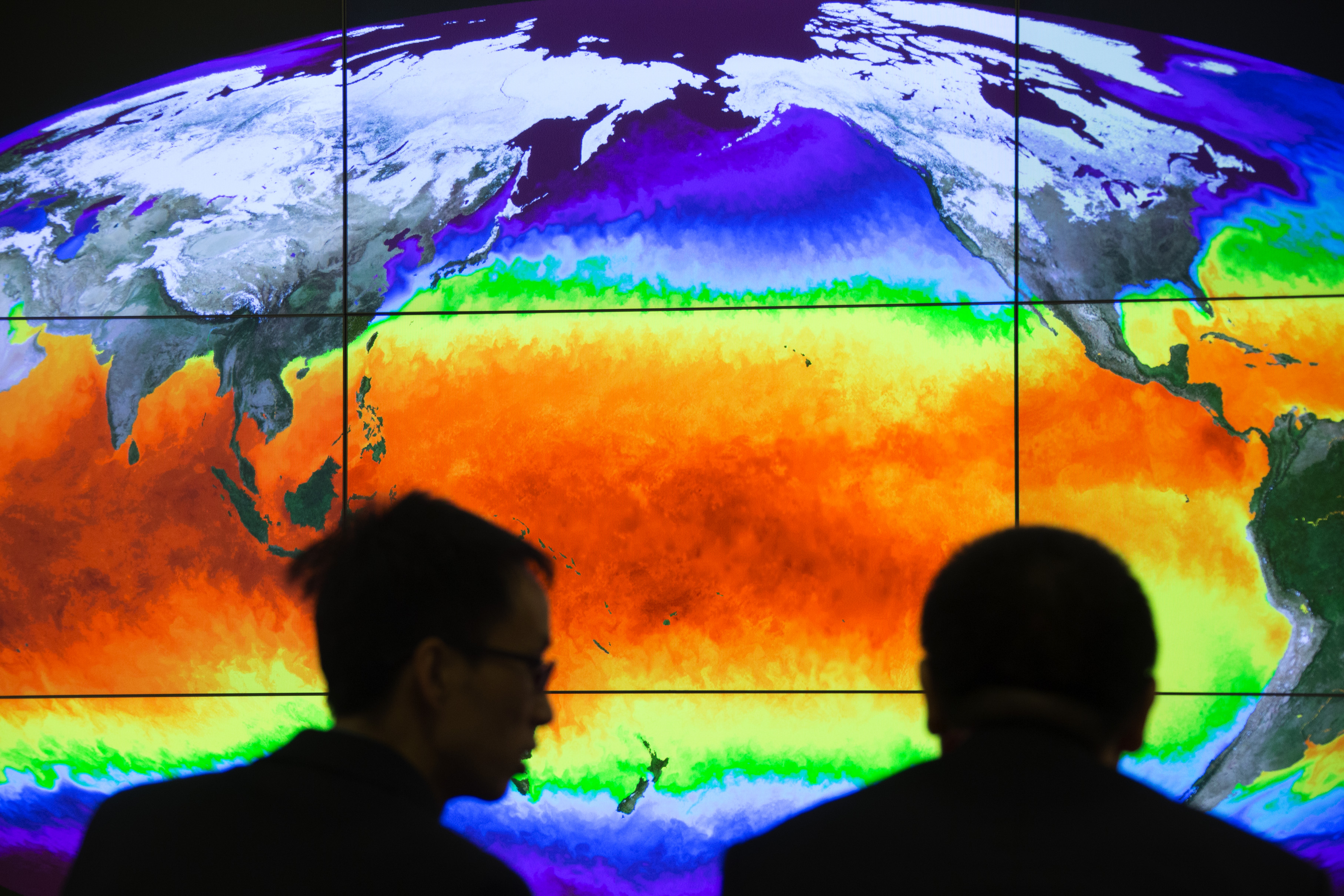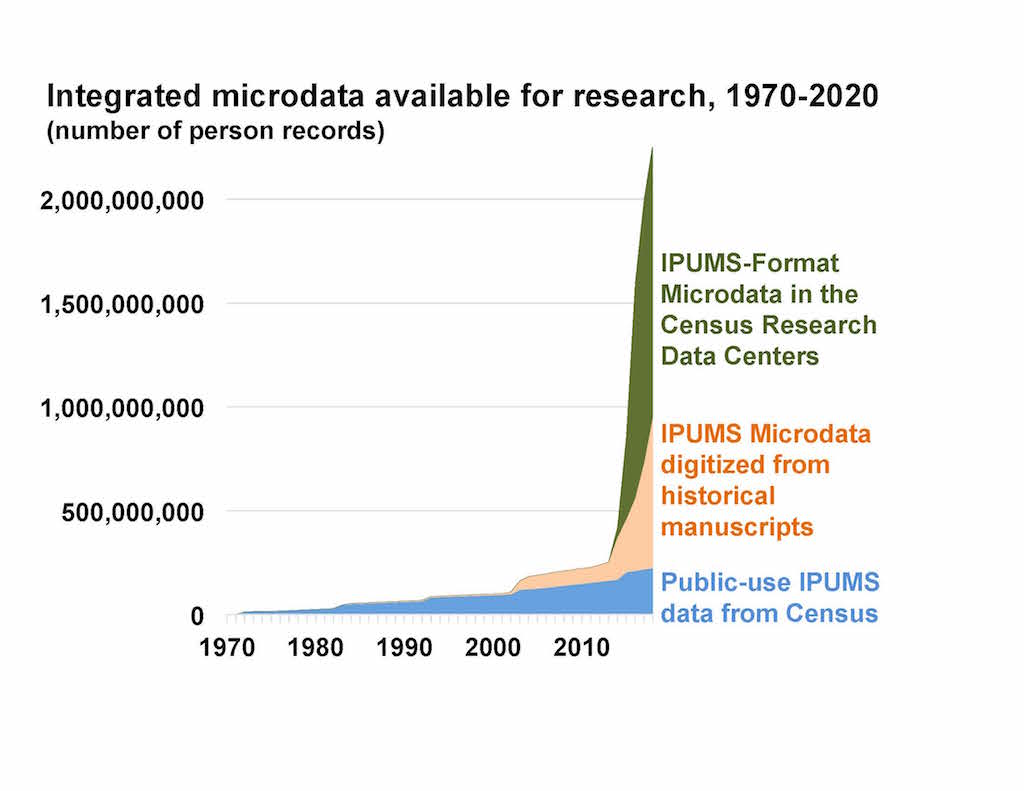
How and to what extent do our leaders and decision-makers need to address migration as a climate change issue? This issue was at the forefront of our minds recently when we had the unique opportunity to attend the 21st annual climate talks, known as the Conference of the Partners (COP21), in Paris, France in November and December of last year.
We participated in COP21 as part of a wider delegation from Minnesota that included past and current Minnesota state representatives, St. Paul Mayor Chris Coleman, and several other representatives from government and non-governmental organizations. Like previous meetings, the goal of COP21 was to convene a meeting of world leaders and to negotiate a global climate treaty, laying the groundwork for preventing global average temperatures from rising no further than a maximum of two degrees Celsius above preindustrial levels.


